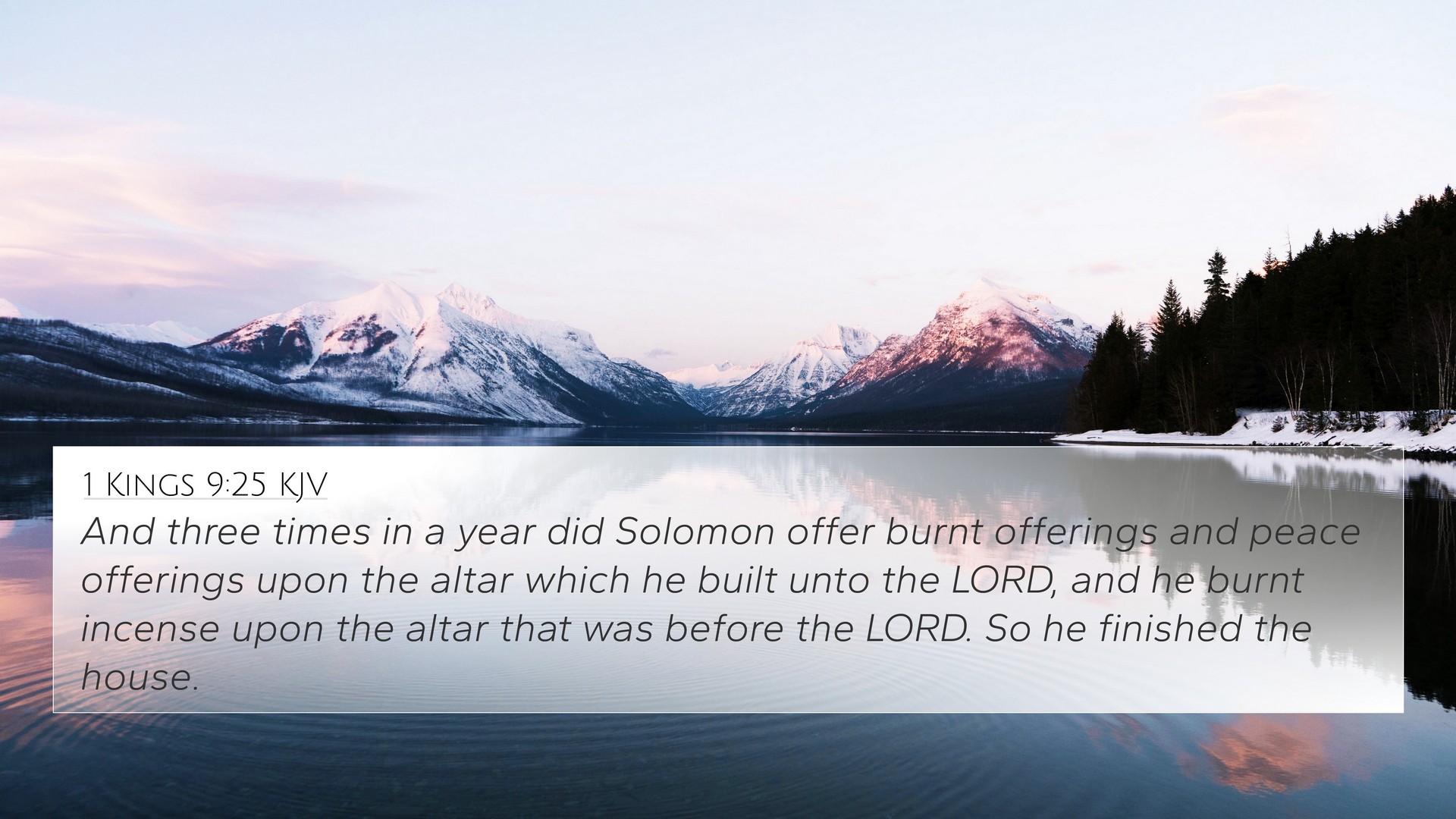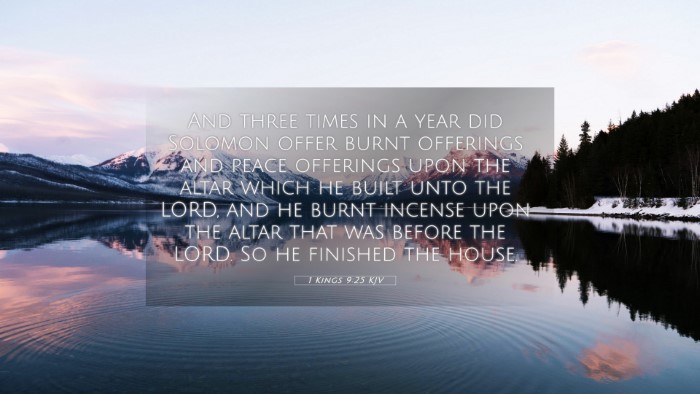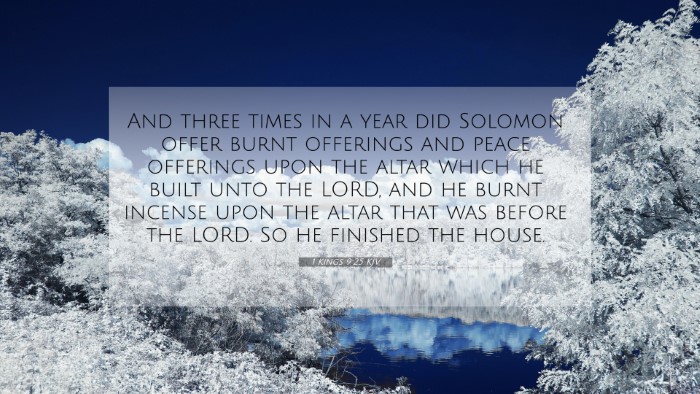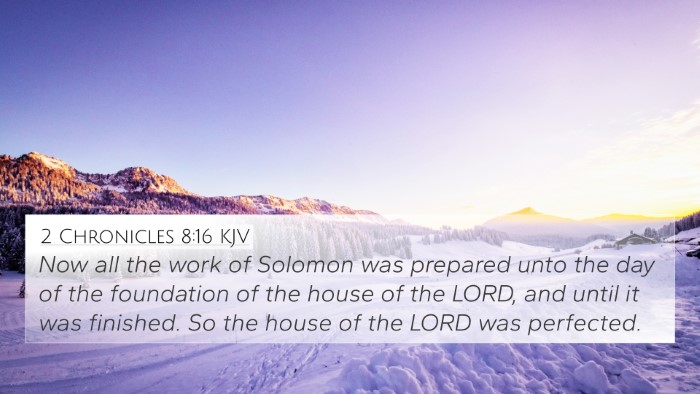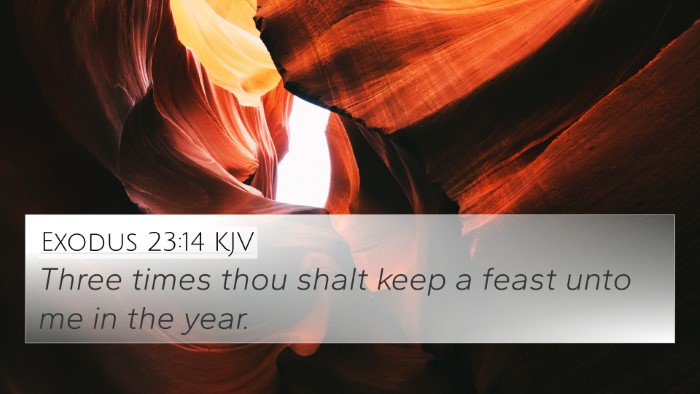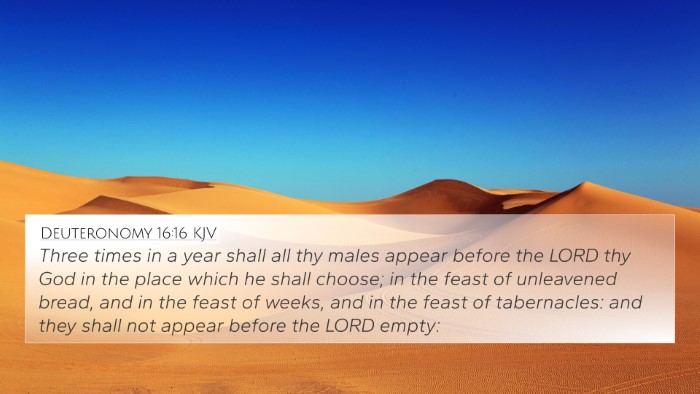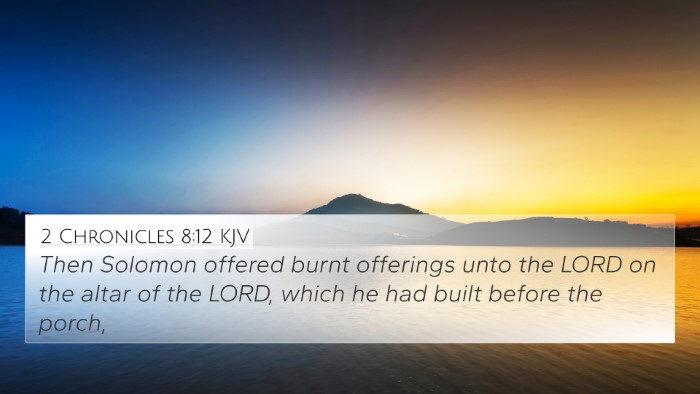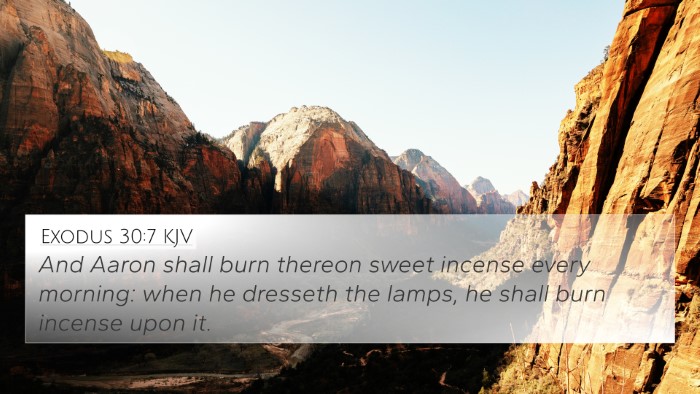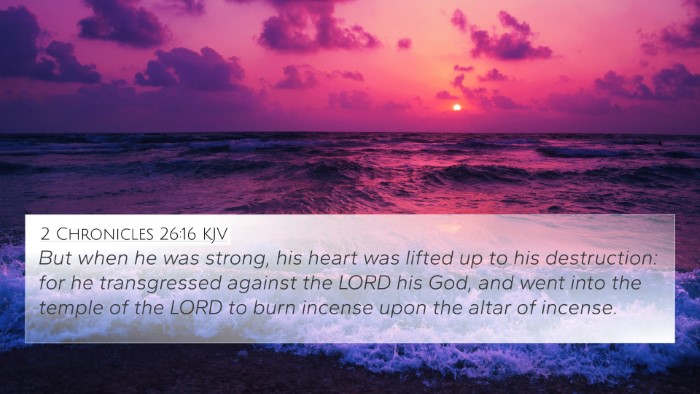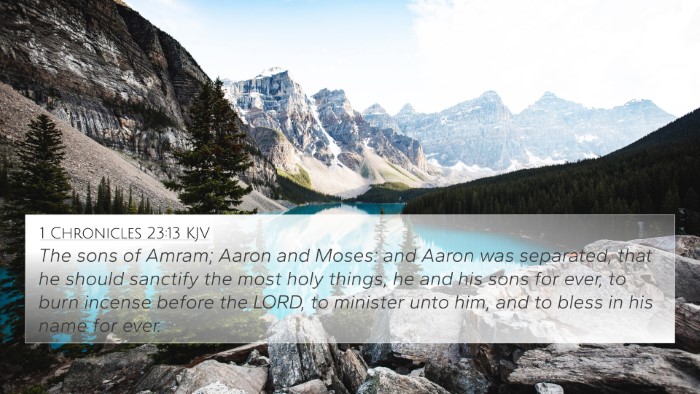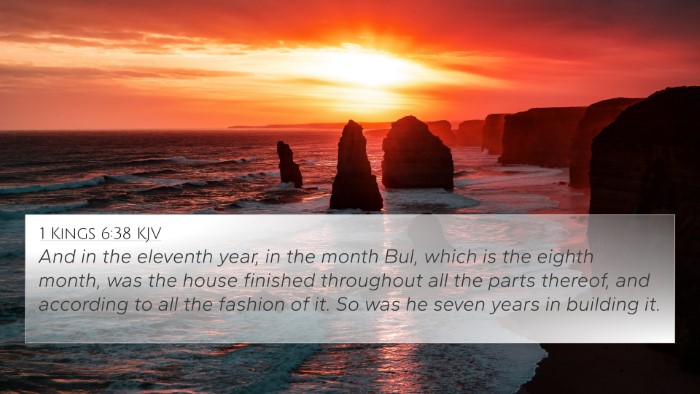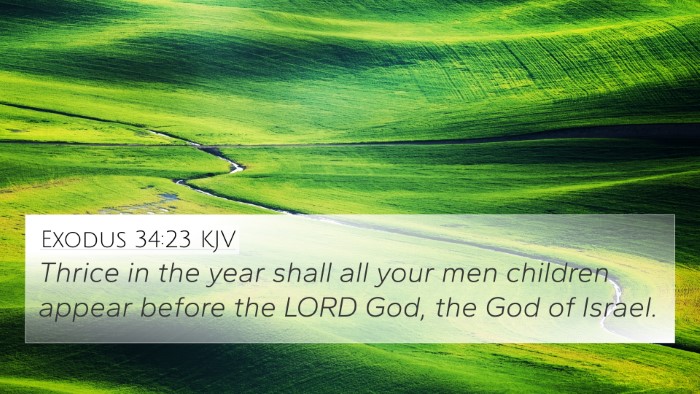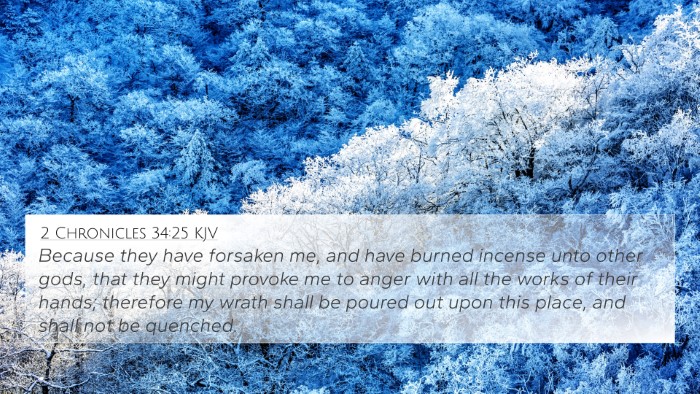Understanding 1 Kings 9:25
1 Kings 9:25 states: "And three times in a year did Solomon offer burnt offerings and peace offerings upon the altar which he built unto the Lord, and he burnt incense upon the altar that was before the Lord. So he finished the house." This verse encapsulates the dedication of Solomon's temple and highlights the regularity of the sacrificial system instituted by him. It reflects the worship practices and the sanctity of the temple during Solomon's reign.
Verse Meaning and Insights
This verse can be interpreted as significant for several reasons:
- Regular Worship: Solomon's offering three times a year signifies the importance of regular worship in the life of Israel. It mirrors the feasts mentioned in Exodus 23:14-17 where the males were to appear before God thrice a year.
- Burnt Offerings and Peace Offerings: The types of offerings Solomon presents are crucial in understanding the sacrificial system of the Old Testament. Burnt offerings represent total dedication to God and atonement for sin while peace offerings represent communion and fellowship with God.
- The Altar's Significance: Solomon's use of the altar signifies the locus of worship and sacrifices. It is a symbol of God’s presence among His people, as noted in Leviticus 1-7, which details the regulations for sacrifices.
- Complete Dedication: The phrase "So he finished the house" suggests a completion not only of a physical structure but also the establishment of a key aspect of Israel's national identity—worship centered on God.
Comparative Bible Verse Analysis
In examining this verse, we can explore various cross-references that illuminate its deeper meanings:
- Exodus 23:14-17: Discusses the three annual feasts commanded by God, linking worship practices to divine ordinances.
- Leviticus 1-7: Provides a comprehensive guide on the types of sacrifices, establishing theological connections regarding offerings.
- Deuteronomy 16:16: Confirms the command to appear before the Lord three times a year, reinforcing Solomon's adherence to this commandment.
- 2 Chronicles 8:12-13: Reflects similar practices during Solomon’s reign, further illustrating his dedication to worship.
- Psalm 122:1: Expresses excitement to go to the house of the Lord, resonating with the communal aspect of worship during Solomon's time.
- Hebrews 10:25: Encourages believers not to forsake assembling together, paralleling the importance of communal worship seen in Solomon's offerings.
- 1 Kings 8:62-63: Describes Solomon's earlier offerings during the temple's dedication, providing context for his ongoing commitment.
Connections Between Bible Verses
The connections between the verses reveal a rich tapestry of themes regarding worship, sacrifice, and divine presence that runs throughout the Bible:
- Thematic Bible Verse Connections: The themes of worship and sacrifice are interwoven throughout the scriptures. Solomon’s dedication can be aligned with the concept of worship in both the Old and New Testaments.
- Bible Verse Parallels: Similarities can be found between Solomon’s practices and the communal gatherings of worship in the New Testament, emphasizing the continuity of worship across covenants.
- Scriptural Cross-Referencing: By looking at old and new scripture passages, one can see God's unchanging nature in receiving worship and establishing covenants with His people.
Practical Application
1 Kings 9:25 serves as a model for understanding the importance of dedicating regular time for communion with God through worship. This verse encourages believers to consider:
- Establishing regular practices of worship in their lives.
- Understanding the significance of sacrifice and offerings in their spiritual journey.
- Recognizing the presence of God in communal worship settings, drawing inspiration from Solomon’s dedication.
Conclusion
In summary, 1 Kings 9:25 serves as an illuminating text regarding the importance of sacrifice and dedicated worship in the life of Israel. By engaging in cross-referencing Biblical texts, one can uncover deeper meanings and connections which enrich the understanding of worship both in the Old Testament and in contemporary practice.
